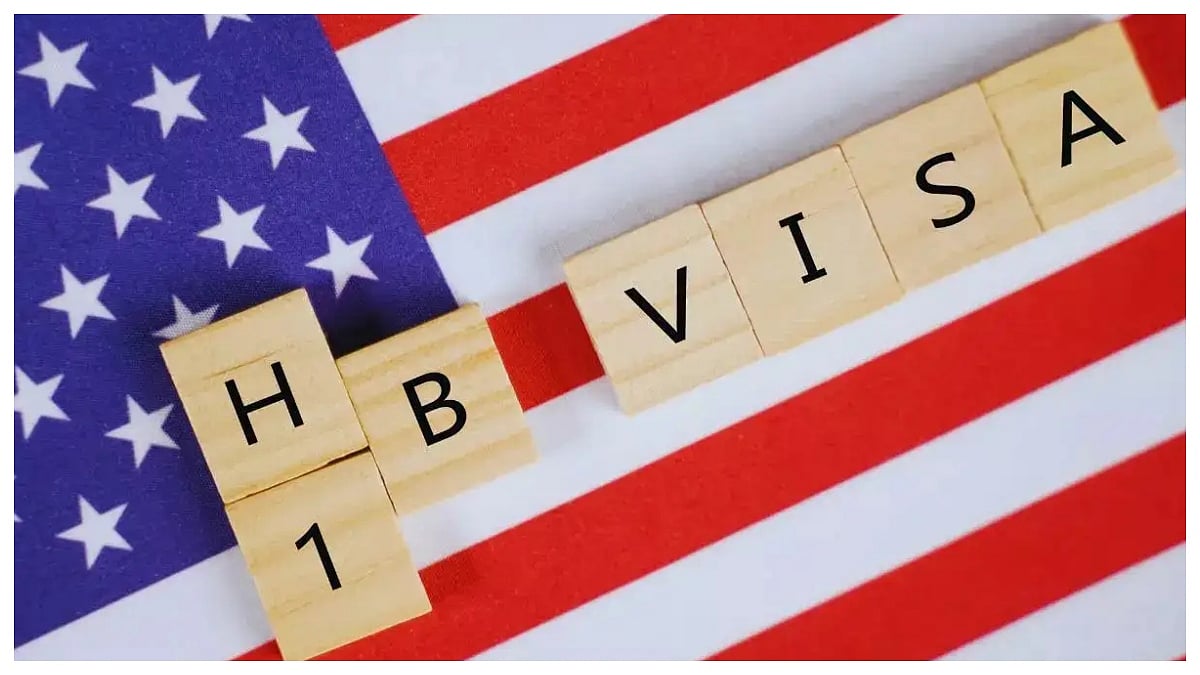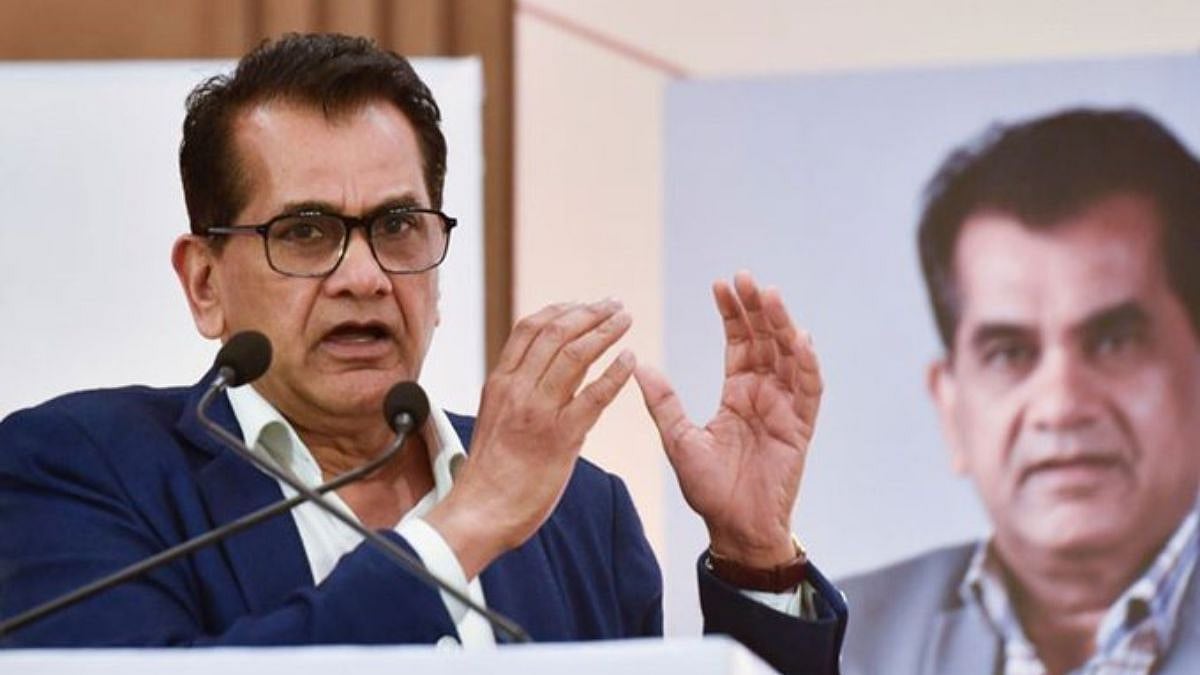New Delhi: In a landmark judgment, the Supreme Court on Wednesday ruled that digital access is a fundamental right protected by the Constitution under Article 21. The judgment was passed by a bench of Justices J.B. Pardiwala and Justice R. Mahadevan.
The bench directed to revise the digital Know-Your-Customer (KYC) norms so that persons with facial disfiguration due to acid attacks or visual impairment can access banking and e-governance services, reported Live Law.
The top court also said that the State must ensure that everyone should get digital accessibility, including people from rural areas and from marginal sections.
The bench emphasised that the State should design an inclusive digital ecosystem which is accessible to all. The top court highlighted the need to bridge the digital divide as citizens can get benefits from many government welfare schemes through online platforms.
"At this juncture, we wish to observe that in the contemporary era, where access to essential services, governance, education, health care and economic opportunities are increasingly mediated through digital platforms, the right to life under Article 21 of the Constitution must be re-interpreted in light of these technological realities," the bench said as quoted by Live Law.
"The digital divide, characterised by unequal access to digital infrastructure, skills and content, continues to perpetuate systematic exclusion not only of persons with disabilities but also of large sections of rural populations, senior citizens, economically weaker communities and linguistic minorities," the apex court added.
The top court held that acid attack survivors and persons with visual impairment are entitled to the protection under the Rights of Persons with Disabilities Act, 2016, reported the media house. The court lso issued 20 directions in this regard.
"The constitutional and legal provisions confer upon the aggrieved petitioners the statutory right to demand accessibility and appropriate reasonable accommodation in the digital KYC process. Therefore, it is imperative that the digital KYC process guidelines are revised with the accessibility code," Justice Mahadevan said.
The order was passed on the two writ petitions which sought directions from the top court for persons with blindness/low vision and acid attack survivors for conducting eKYC.
Th order on these petitions was reserved on January 28 this year.








